Uh oh. With millions of devices already sold, Apple's latest blunder is bound to upset the owners of some of their brand new iPhone 7 Plus phones.
[UPDATE: The issue is present in both iPhone 7 and iPhone 7 Plus devices, not limited to the iPhone 7 Plus model as originally reported.]
According to Cellular Insights, a site dedicated to analyzing the radio frequency (RF) performance of consumer devices, there are two versions of the iPhone 7 Plus. For the most part, the two versions are identical, but it seems that one of them is lacking in a very crucial area. The modem. Yeah, that thing that makes your phone an iPhone 7 Plus instead of a gigantic iPod touch. If your modem isn't performing as well as it should be, you phone's data connection will suffer.
It turns out that Apple took a break from tradition this year and went with two different modem suppliers for the 7 Plus. The last five iPhones have all featured Qualcomm modems. If you're unfamiliar with the name, Qualcomm is a company that supplies the processors and modems for pretty much every premium device around. Even the companies, like Apple, that choose not to use Qualcomm's Snapdragon system on a chip (SoC) still use their modem chips because they're by and large considered the gold standard in RF performance.
This year, however, Apple decided to include Intel modems in some of the 7 Plus versions and the results have just come in. By running the two versions through a rigorous gauntlet of tests, Cellular Insights found that again and again the Intel variant performed around 30% worse on the most heavily-used data bands in the US:
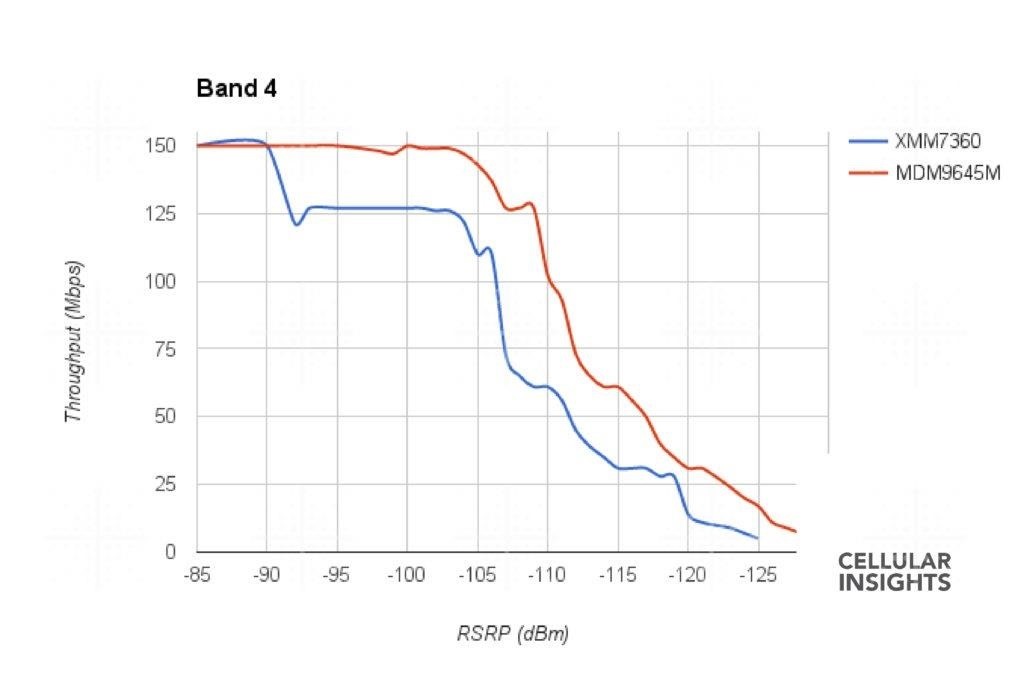


Here's Cellular Insights has to say on the matter:
In all tests, the iPhone 7 Plus with the Qualcomm modem had a significant performance edge over the iPhone 7 Plus with the Intel modem. We are not sure what was the main reason behind Apple's decision to source two different modem suppliers for the newest iPhone. Considering that the iPhone with the Qualcomm modem is being sold in China, Japan and in the United States only, we can not imagine that modem performance was a deciding factor. When all said and done, the iPhone 7 Plus is a beautifully designed smartphone, with arguably the best-in-class camera and system performance. It's also the best iPhone ever. We hope that next year's iPhone delivers best-in-class LTE performance.
In some cases the Intel variant even scored lower than the iPhone 6S. In the chart below, MDM964M is Qualcomm (red) and the XMM7360 is Intel (blue)—though the Galaxy S7 Edge blew them all away:

If you're wondering how to find out which phones are affected, Chris Mills at BGR has you covered:
Qualcomm modems can be found in Verizon, Sprint, and SIM-unlocked iPhones. Devices on other networks are using the Intel modems. To work out which device you have, you can check the model number on the back of your phone. The A1778 and A1784 versions are powered by Intel modems, while the A1660 and A1661 models are Qualcomm-powered.
Intel's mobile division has been suffering for years now, and these modems are just the latest in a series of weak power grabs. Let's all just hope that this buries them once and for all. Oh, and, Intel? Don't just make a product cause you really really want to be a mobile company. Ask yourself, "What do the humans want?" I'm sure you'll agree that an inferior product is not it.
Just updated your iPhone? You'll find new emoji, enhanced security, podcast transcripts, Apple Cash virtual numbers, and other useful features. There are even new additions hidden within Safari. Find out what's new and changed on your iPhone with the iOS 17.4 update.
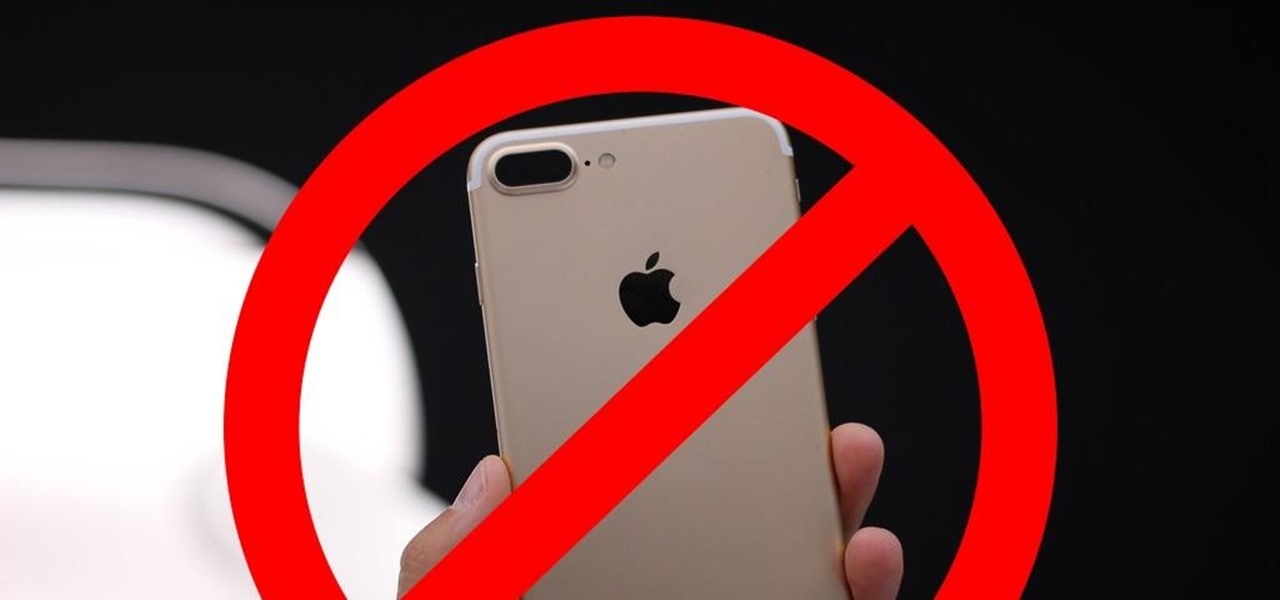


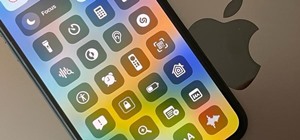






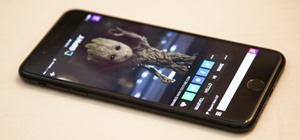
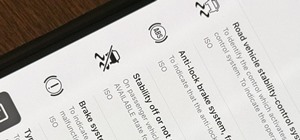


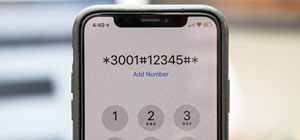
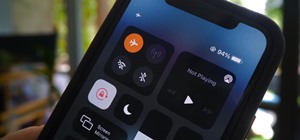





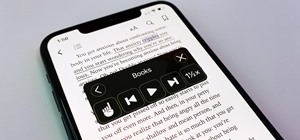
2 Comments
So how do you know which one you're getting when you buy one?
In the US, if you purchased an iPhone 7 for use on a GSM carrier (AT&T or T-Mobile), you got an intel LTE chip. If you purchased one for either of the CDMA carriers, you got a Qualcomm chip. The Intel chip doesn't work with CDMA, while the Qualcomm chip can do both.
Share Your Thoughts